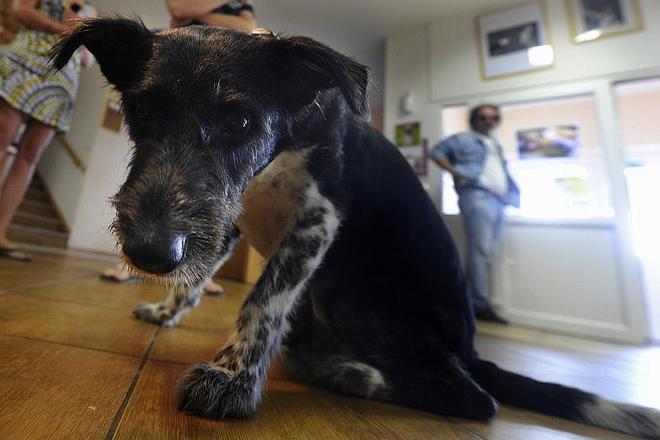THE NON-PROFIT organisation Sloboda zvierat (Animal Freedom) is alarmed by the number of abandoned and unwanted animals in Slovakia. Its head, Pavla Dugovičová, told the TASR newswire that the only solution to the problem is a programme of methodical sterilisation of stray animals – not only those already in shelters. She said that most dogs leaving their organisation’s main shelter in Bratislava have already been sterilised – as many as 90 percent – and their aim is to reach 100 percent, adding that all regional centres of Sloboda zvierat and some other environmental associations also share this goal.
But Dugovičová said there are several additional challenges. First, dogs and puppies that are “unwanted gifts” and those that were acquired during a summer holiday but cannot be taken home when school begins are overfilling rescue centres and shelters after Christmas and at the end of summer each year. The other big problem she said are big packs of dogs, especially in some villages and Roma communities.
“They number hundreds of animals,” Dugovičová said, adding that bringing them to shelters is not a long-term solution because they would not only completely fill the shelters but that the original pack would soon reproduce itself. “These animals must be castrated or sterilised, vaccinated and given a microchip. This is the only way to eliminate the problem and to stabilise their numbers.”
Romana Březinová, the organisation’s sterilisation programme coordinator, pointed out that too often this problem is dealt with by municipalities only after it becomes urgent. She also said that sometimes the identity of knackers (those who dispose of animal carcasses) or those who collect stray animals are not thoroughly checked and it has happened that impounded dogs later ended up in places where they were killed and consumed.
For these reasons Sloboda zvierat is offering to catch stray and abandoned animals, to take them to one of its shelters, examine them, vaccinate them, neuter them and then return the animals to their original environment. The organisation stated that doing so for one animal costs €45 if the locality is less than 80 kilometres from Bratislava but otherwise additional transport costs would be involved. Březinová urged municipalities facing problems with dog packs or stray animals to consider using this approach.
“This is a good way to solve the problem; unfortunately we cannot do this for free for the municipalities as we are a non-profit organisation and we lack money.”



 An abandoned dog in a Sloboda zvierat shelter. (source: TASR)
An abandoned dog in a Sloboda zvierat shelter. (source: TASR)